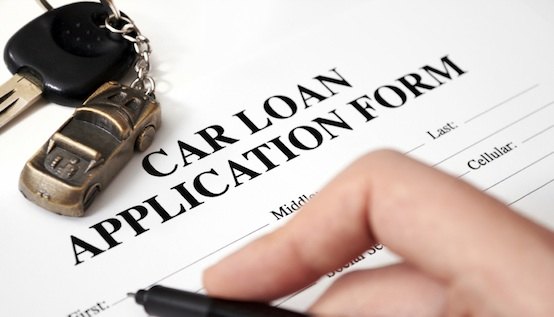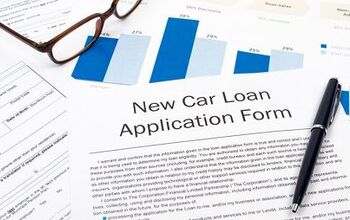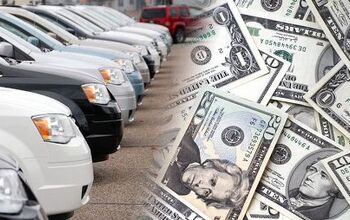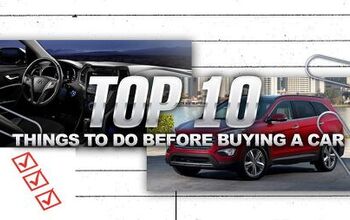Car Loans 101: What You Need to Know About Financing a Car

Buying a car is a tough financial commitment. It might take some help to get all the money for it, but that’s exactly why car loans exist.
WHAT IS A CAR LOAN?
If you don’t have the $20,000 or more to purchase a new car, you’re going to have to borrow it from someone. When it comes to borrowing money for any circumstance, there’s going to be a few terms about re-paying the loan. A car payment is separated into the principal amount and interest. Principal is the term used to refer to the actual amount of money being borrowed. While some financing deals offer 0 percent financing, other financing terms require you to pay interest owed on the loan amount.
SEE ALSO: Should you Buy or Lease a Car?
Agreeing on a car loan also involves a length of time, normally in months of how you’ll pay the borrowed money back. Car loan terms can be anything from 12 months to 72 months or even more in some cases. Knowing your budget and long-term financial situation should help you decide whether you can take a shorter term with higher payments, or a longer term with lower payments.
WHAT KIND OF CAR LOANS ARE THERE?
A credit union is another place you can shop for a loan, which can be cheaper than the bank, but you may need to be a member. Homeowners may also take a home equity loan and pay for their car with cash, helping to reduce the pressure of interest on the car payments.
Finally most auto manufacturers provide their own in-house financing companies at new car dealerships. These companies compete with the banks and credit unions. Remember though, the goal of these companies is to get you into their brand’s cars, so they will likely offer the easiest and best car loan rates. When it comes to buying a used car, however, the dealership may have another financial institution to provide you with a loan, and often at a rate that benefits the dealer and not you.
Getting a good rate on your auto loan depends on your credit history. If you’ve missed payments in the past, or have a bankruptcy history, then you might not get a loan at competitive rates. Be sure to check your credit history before even shopping for a car loan, so you can correct any mistakes and get the best interest rate on your loan.
LONG-TERM VS SHORT-TERM
It’s important to understand how much you’ll be spending on a longer term loan. While it does help reduce the monthly payments, you end up paying more money in interest. Some automakers offer online tools on their car-buying websites to see just how much more you’ll be spending in interest over a longer term versus a shorter one. A shorter-term loan will result in you paying less in total over the course of the loan, than a longer-term one. That is, unless the financing offered is zero percent, in which case you’ll pay the same amount whether the term is 36 months or 72.
BUYOUTS
INSURANCE
Financial institutions will also require you to get some more comprehensive insurance for your car, though not as all-encompassing as a leased car. In some cases the financing company will need to be named on the insurance policy. Since the financial company has a financial interest in your vehicle until it’s fully paid off, they will want it to be covered in case of any collisions or even a write-off situation where they would get paid. If a car gets written off in the first 24 months, it loan would be worth more than what the book value of the car is. This is a problem, and if you don’t get “gap insurance” or a “waiver of depreciation” you may have to pay for that gap out of your pocket.

Sami has an unquenchable thirst for car knowledge and has been at AutoGuide for the past six years. He has a degree in journalism and media studies from the University of Guelph-Humber in Toronto and has won multiple journalism awards from the Automotive Journalist Association of Canada. Sami is also on the jury for the World Car Awards.
More by Sami Haj-Assaad



































Comments
Join the conversation